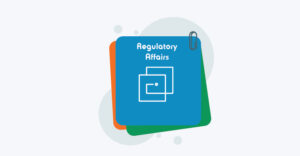Organ donation and transplantation remain the best and most cost-effective clinical solution for end-stage organ failure. Several agencies across the US and Europe provide legislative, regulatory, and humanitarian services to generate smoother applications in all transplantation processes and donor-recipient relationships.
The US and European statistics present nine types of grafts, with kidneys being the most transplanted organ worldwide.
However, organ shortage, religion, underrepresented minority groups, difficulties in obtaining consent, lack of understanding, and general ethical concerns present challenging barriers to organ donation, reflecting the complexity of graft procurement and allocation. Breaking down these barriers to reduce the organ supply imbalance requires an appropriate multifaceted approach.
Some of the key areas include increasing the potential donor pool and consent rates, apt organ allocation, and improving organ health. Additionally, suitable policies and standardized guidelines for both donors and recipients, alongside educational initiatives, are needed to ensure patient safety and global awareness.
Looking forward, novel and effective research plans and initiatives are needed if we are to avoid a colossal supply-demand gap.





